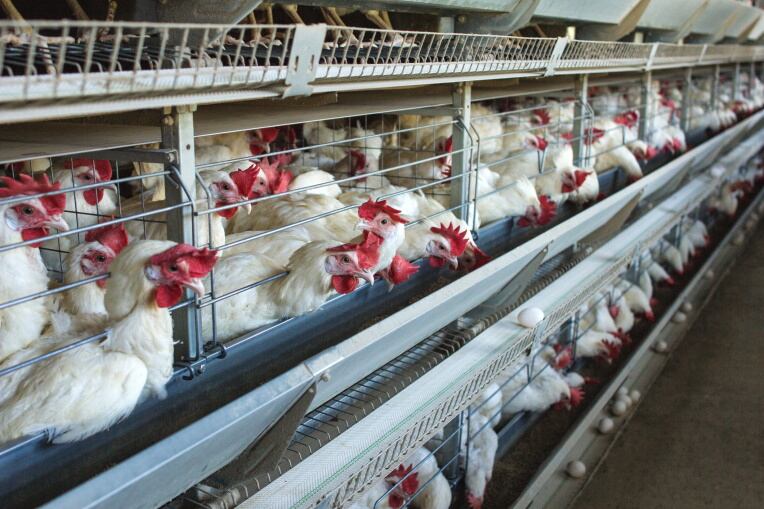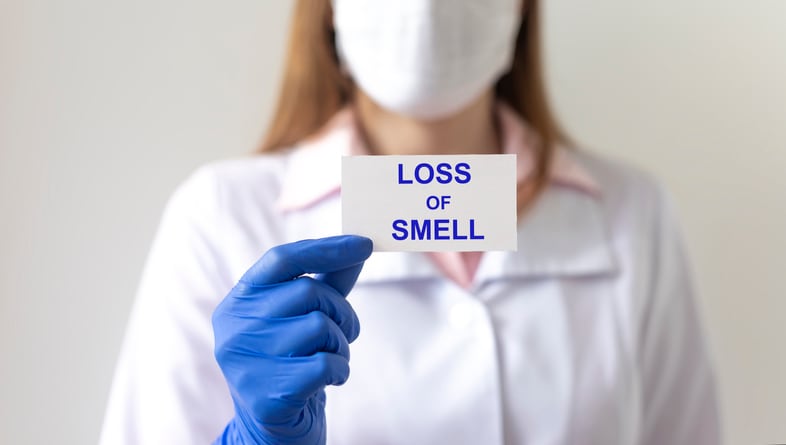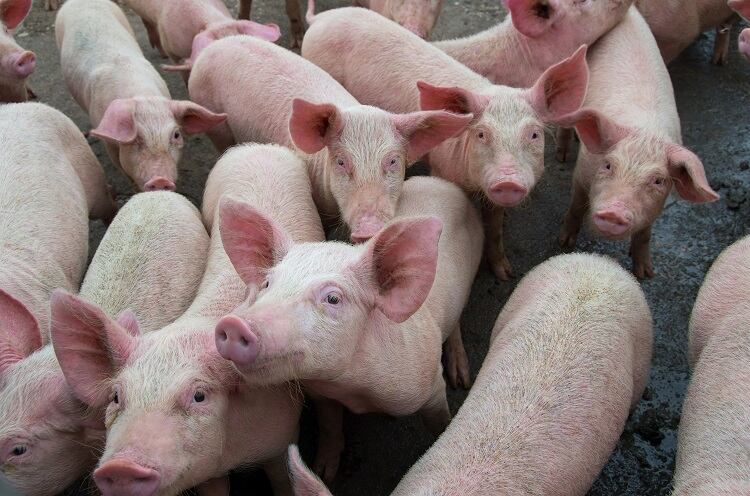With over 100m confirmed cases worldwide and more than 2m deaths, it is believed that the current COVID-19 crisis started in a Huanan wet market, where the first cluster of cases is thought to have originated. Currently, a WHO team are visiting sites in the Chinese city of Wuhan, attempting to piece together the puzzle of how SARS-CoV-2 passed from animals to humans.
While the origin of SARS-CoV-2 is not yet fully determined, scientists at the University of the Free State in South Africa have outlined the link between food production, past pandemics and possible future crises.
Animal agriculture and past pandemics
From the 1918 Spanish flu, which originated in pigs, to bird flu and SARS, Professor Robert Bragg stressed that numerous zoonotic pandemics can be traced to how humans interact with animals.
According to Professor Bragg, a researcher in the UFS Department of Microbial, Biochemical and Food Biotechnology, the previous coronavirus that led to SARS started life in a wet food market in China.
While SARS had a ‘very high’ mortality rate, unlike COVID-19, it could only be transmitted when a person showed clinical signs. This meant that checks like measuring temperature were an important tool for bringing down transmission rates.
“There are many other examples of serious human pandemics which was spread from animals to humans. Another good example is the Ebola virus, which has also been traced to people eating bats in Africa. Yet another example is HIV, which is believed to have spread to man as a result of the consumption of chimpanzee meat.
“The most serious has been the 1918 Spanish flu, which started off in pigs and spread to man. All of these have to do with the mistreatment of animals by man,” stressed Professor Bragg.
Don’t blame ‘exotic’ eating practices
Professor Aliza le Roux, Assistant Dean of Natural and Agricultural Sciences and Associate Professor of Zoology and Entomology, stressed that while some past pandemics originate from the consumption of ‘exotic’ animals, it is important to recognise the role that widespread agricultural practices play. This, she argued, is driven by growing demand for affordable meat.
“Our demand for meat is driving cheaper and less controlled agricultural practices, cramming more animals into smaller spaces, feeding them less and less natural fodder."
She pointed to bird flu (H5N1) and bovine spongiform encephalopathy (BSE) as prime examples of zoonotic diseases that spread more easily under intensive agricultural practises.
“Remember mad cow disease? Have you seen chicken batteries? We should not blame ‘exotic’ eating practices, but look at our own. If we could see eating meat as a ‘treat’ and not a daily ‘right’, we can reduce pressure on the environment and reduce the speed at which another zoonotic virus can evolve.”
With a high mortality rate, the devastation that H5N1 could cause is reduced because it can’t currently be transmitted from human-to-human, Professor Bragg added. However, that's not to say it won't mutate in the future.
“The bird-flu virus, Influenza H5N1, has a mortality rate of around 60-65%, but it has not yet developed human-to-human transmission. If this virus does develop human-to-human transmission, we could be in for a really serious pandemic. We need to prepare for the next major pandemic,” Professor Bragg warned.
Professor Le Roux believes past pandemics can teach us how to respond to future ones from a public health perspective. Nevertheless, she argued, systematic behavioural change is needed to reduce risk.
“If we found treatments that worked before, we can use that as a starting point for current treatments. But if we can’t even control human behaviour (learning from past mistakes), think of how much more challenging it is to develop a vaccine against a virus that is so adaptable.”
Professor Bragg believes that without learning from the past spread of pandemics and their relationship to intensive animal agriculture, future and potentially more devastating outbreaks are likely.
“There will be more pandemics, and there is a feeling among some scientists that [COVID-19] could just be a dress rehearsal for the real big pandemic. Many virologists, including me, have been predicting an influenza pandemic for many years.”




